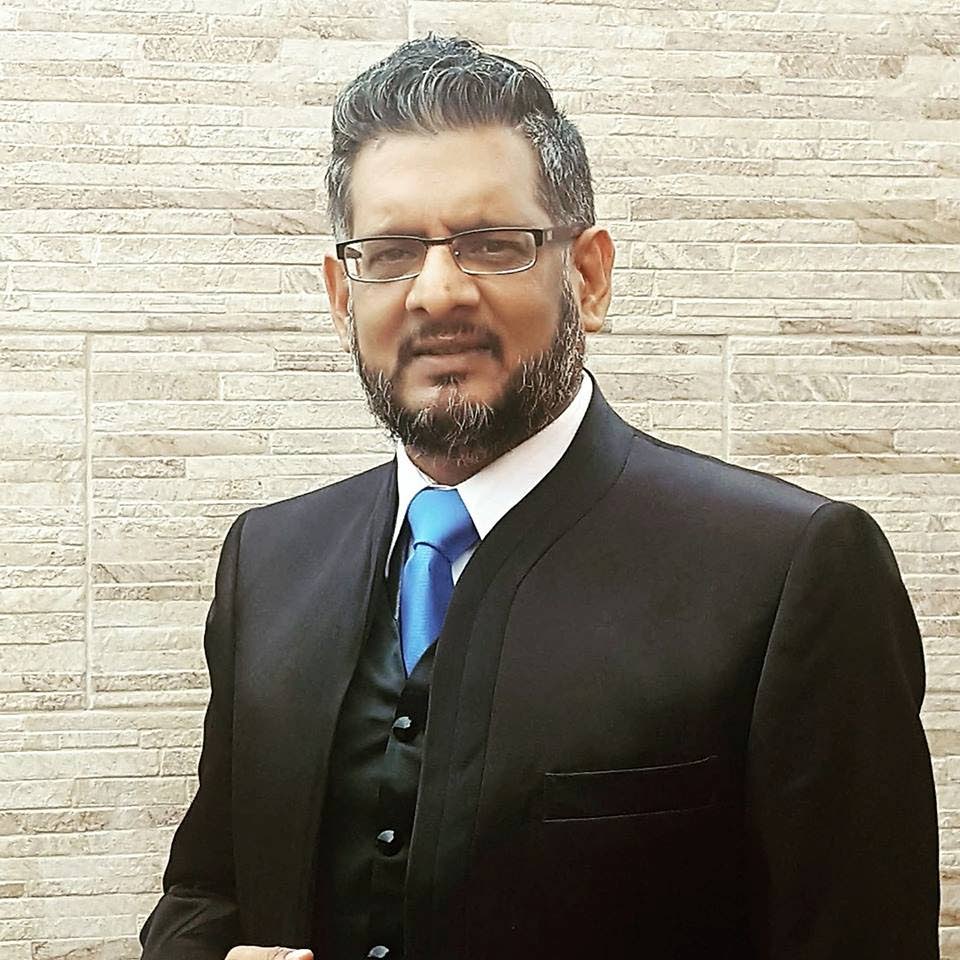Privy Council: JLSC illegally constituted

MORE THAN one judge – either sitting or retired – cannot be appointed to the Judicial and Legal Services Commission (JLSC). So when it selected several judges in 2017, among them former chief magistrate Marcia Ayers-Caesar, it was not properly constituted, as there were two retired judges sitting on the commission.
Yesterday, in a 14-page ruling, the Privy Council also held that the JLSC was not properly constituted, its numbers fell short by one that same year. The Constitution provides for five members, but there were only four when the appointments of Ayers-Caesar and the others were made. That was rectified on May 9, with the appointment of attorney Ernest Koylass, SC.
However, the British Law Lords’ ruling does not invalidate appointments made in the past, as section 36 of the Interpretation Act, Chapter 3.01, preserves as valid any of the JLSC's past decisions and the argument was not pursued at the Privy Council.
In 2017, former UNC senator Devant Maharaj successfully sought an injunction – granted at 3 am on June 6 by Justice Frank Seepersad – which temporarily blocked the appointments of former Deputy DPP Kathy Ann Waterman-Latchoo and Jacqueline Wilson. Seepersad came under fire from social media commentators who raised questions and ridiculed him for his case assignments although he was in Tobago, and his ability to pen a 22-page ruling within hours.
The Law Association issued a swift and strongly worded statement defending the judge and denying any suggestion of political bias on his part.
Hours after the injunction was granted, an emergency appeal by the AG was heard the next day and in a unanimous decision, Justices of Appeal Allan Mendonca, Nolan Bereaux and Peter Rajkumar said they were satisfied the JLSC sat with a properly constituted quorum, which cleared the way for the two judges to be sworn in by the President.
The appellate court also threw out Maharaj’s substantive claim challengong the constitutionality of the JLSC’s composition, on the basis that the Constitution does not permit more than one retired judge to sit on the commission.
The two retired judges Maharaj had complained of were Justices Humphrey Stollmeyer and Roger Hamel-Smith, who resigned in late June of that year. They said they did so for “personal reasons.” Stollmeyer had been appointed in October 2015, and Hamel-Smith re-appointed in April 2017. They were appointed by former president Anthony Carmona.
Both men were subjects of a vote of no confidence passed by the Law Association, calling on Chief Justice Ivor Archie and them to resign as JLSC members for bungling the appointment and resignation of Ayers-Caesar, who admitted to leaving behind several part-heard cases on the magisterial docket. It was later discovered that the number of cases was far greater than that she had initially acknowledged.
She has since said she was forced to resign and has initiated legal action against the JLSC. After losing at the Court of Appeal, Maharaj petitioned the Privy Council and yesterday, Lady Hale, Lady Black, and Lords Kerr, Wilson and Lloyd-Jones said it intended to issue a declaration that under section 110 (3) (b) of the Constitution “there cannot be appointments to the JLSC of either serving judges or former judges in retirement.”
They will also make a declaration that section 110 requires the JLSC to comprise five members.
The actual declarations will be issued in the coming week, as Maharaj’s attorneys and those of the Attorney General have been invited to submit an agreed draft of the precise declaration they propose should be made.
The JLSC is chaired by Archie and currently comprises head of the Public Service Commission Maureen Manchouck, attorney Ernest H Koylass, SC, Justice of Appeal Charmaine Pemberton, and Nicole Beaubrun-Toby, according to its 2017 report.
According to the Privy Council’s ruling, delivered by Lady Black, everyone agreed that one judge or retired judge may be appointed to the JLSC under section 110(3) (a), but the following sub-section did not allow for more than one. Lady Black said, “The interpretation of section 110 (3) (b) is not without difficulty.”
Lady Black also held that section 110 (3) (b) restricted the President’s choice from the pool of people with legal qualifications by stipulating that at least one of the two must be “not in active service as such." At the JLSC appeal, Maharaj was represented by British QC Richard Clayton, Anand Ramlogan,SC, Tom Richards and Alvin Pariagsingh, while Howard Stevens, QC, instructed by Charles Russell represented the AG.


Comments
"Privy Council: JLSC illegally constituted"